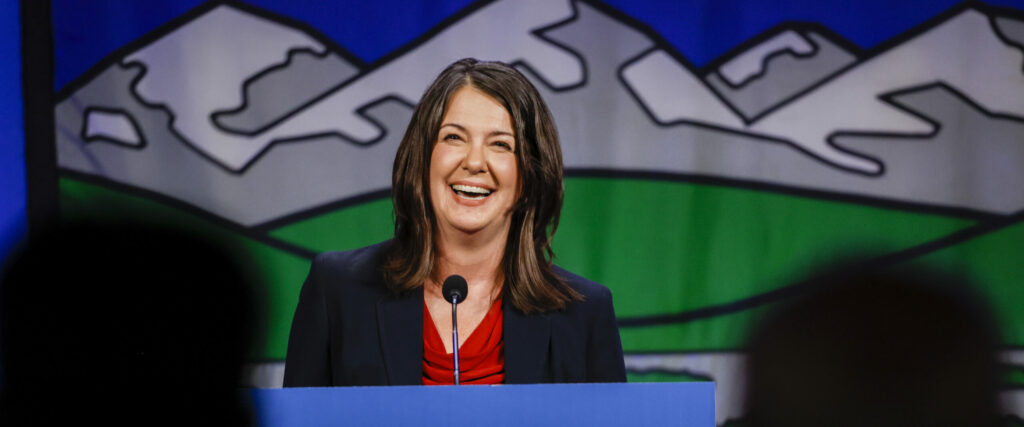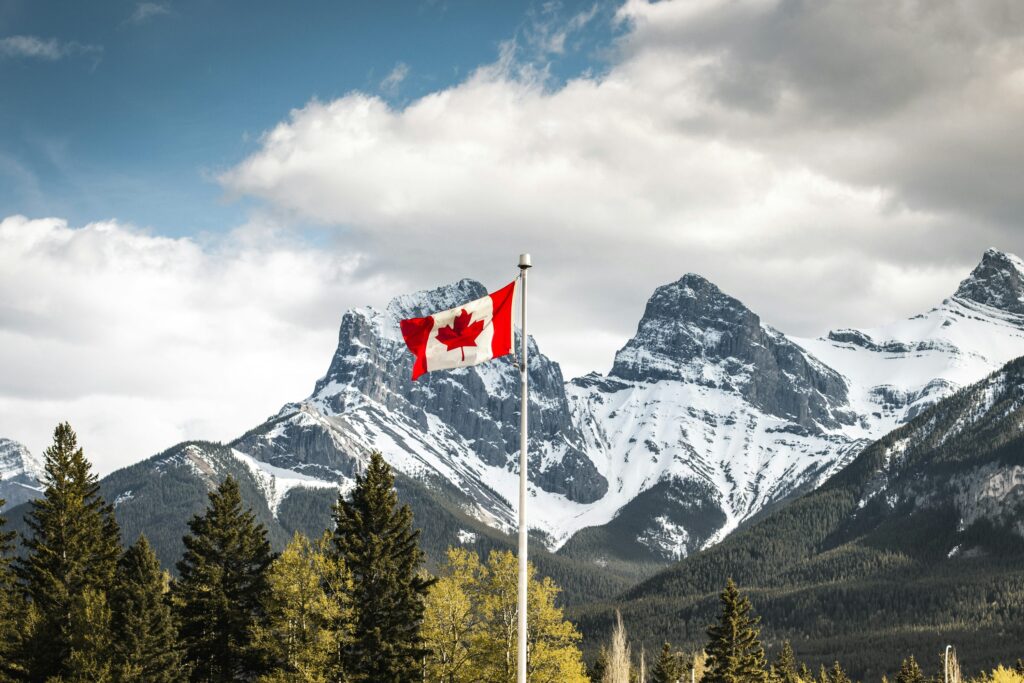In our relentless quest for good news at CDN, we’ve been pondering whether in all the ruckus over a “backlash” against climate alarmism we might not be seeing some badly-needed clarity and focus among its proponents in office. Including the sudden mass flight in Canada from the once-sacred carbon taxes that, it turns out, are making essential energy more expensive without doing a dang thing to reduce even our trifling GHG emissions, let alone those of humanity generally, to say nothing of not fixing the weather. Thus socialist British Columbia premier David Eby, whose own carbon tax was held up as a model to an indifferent world and skeptical nation, just dissed the whole scheme, saying that the national version of the tax is bad for Canadians and is hurting them financially without doing anything meaningful for climate, not to mention his plunging reelection prospects.
Canadian Prime Minister Justin Trudeau’s committed alarmist Minister of Natural Resources gave Eby the back of the hand, saying the province could do whatever it wanted provided it “meets the federal requirement” to have a carbon tax. But the world is changing, to the point that the Liberal provincial government in Newfoundland and Labrador also denounced the tax.
Then Eby’s federal counterpart, the staunchly spineless Jagmeet Singh, chimed in equally surprisingly that:
“We want to see an approach to fighting the climate crisis where it doesn’t put the burden on the backs of working people, where big polluters have to pay their fair share.”
OK, the second part isn’t surprising. Nor is it surprising that he has no conception of how to raise the costs of doing business for major corporations without pushing up the prices of their products. But to question the tax, and concede a long-denied claim of its opponents that it puts the burden on the cliched backs of the cliched working people without getting the job done, indicates an unexpectedly open mind, perhaps forced open by circumstances including feedback from constituents.
The weather vane really is spinning here. As Jamie Sarkonak put it in the National Post:
“Once secured tightly to Canada’s economic engine, the carbon tax now flaps dangerously in the wind: the critical strap that is the NDP has come loose.”
And Geoff Russ, also in the Post, arguing that “Canada’s progressive experiment is disintegrating into a thousand pieces before our very eyes”, this sudden shift on carbon taxes is Exhibit A:
“On Thursday morning, B.C. Premier David Eby announced that he would consider scrapping the provincial consumer carbon tax if Ottawa made it possible. This comes less than a year after he declared that British Columbia would be the last stand of Canada’s carbon taxes, come hell or high water, and follows his federal counterpart, NDP Leader Jagmeet Singh, signalling that he will oppose the current version of the tax. In 2019, many tut-tutting commentators were adamant that right-of-centre leaders needed to embrace the carbon tax to be electable. So much can change in five years.”
One notable proponent tried changing it back. Columnist John Ivison wrote, yet again in the Post, about “veteran economist and strategist Ken Boessenkool, who was a senior adviser to Stephen Harper and a former chief of staff to B.C. premier Christy Clark”, and who:
“is part of a group called Conservatives for Clean Growth, who are pushing the idea that climate policy matters and that any credible election platform needs a carbon plan.”
Boessenkool told Ivison Conservative opposition leader Pierre Poilievre, now far ahead in the polls, would not if elected “Axe the tax” as he has pledged countless times, and that indeed:
“I just don’t see any government in any future getting rid of that — Conservative, Liberal or New Democrat. The question is: will it continue to get more stringent?”
But as soon as the story went online, and in stark contrast to the evasive or tepidly alarmist climate views of a series of previous short-lived Tory leaders, top Poilievre advisor Jenni Byrne Xed out:
“Ken Boessenkool is not an advisor to the Conservative Party of Canada. He is not an advisor to Pierre Poilievre, in fact they have not spoken in years. He does not speak in anyway [sic] for the CPC. The CPC will Axe the Tax to Bring Home lower prices & powerful paycheques.”
Kaboom!
It’s not just that the tax is hurting far more than it was meant to. Though in fact Trudeau long insisted that on balance Canadians got more back in rebates than they paid in tax, calling into question its capacity to change behaviour. It’s that it’s not working.
In a testy exchange in Canada’s Parliamentary Question Period, Poilievre asked Prime Minister Trudeau to let Canadians vote on the tax, and when Trudeau responded with boilerplate about a supposed increase in bad weather, Poilievre shot back:
“Mr. Speaker, the prime minister just proved my point: His tax doesn’t stop floods, fires or droughts, all it does is create more poverty.”
It may seem snidely irrelevant to interject here that Canada’s Ministry of Environment and Climate Change just failed a pretty basic audit on green subsidies, badly; Blacklock’s Reporter says:
“Federal auditors cite Environment Minister Steven Guilbeault’s department for poor oversight of millions spent on green subsidies. Management of taxpayer funds was so sloppy it represented ‘potential legal and reputational damage,’ said a report.”
But it is germane because people who think that political will is the key ingredient in getting to what can be, unburdened by what has been, tend to be dismissive of practicalities even in such mundane matters as bookkeeping and conflicts of interest, and on cosmic ones like replacing the whole energy basis of the economy using unproven technology in an incredibly short period of time and having no real problems emerge. (Or as Charles Dickens’ Inspector Bucket put it in Bleak House: “Fast and loose in one thing, Fast and loose in everything. I never knew it fail. No more will you.”)
Thus it’s not just Canada’s supposedly efficient carbon tax. It’s also the regulatory cap the Trudeau ministry is determined to place on the oil and gas sector so that instead of replacing less efficient regulations the carbon tax is perched atop them, threatening to cause much pain and resentment but with no prospect of achieving meaningful GHG reductions. And the longer one persists in such an approach, the more one risks both PR and policy debacles.



Math. How can the gov. fight CC without money. They gave back more than they received. Oh, I know, the New Settled Science math.
BC Conservative leader is one of the first politicians to question the climate catastrophe mass delusion and good for him. It’s about time others speak up before these net zero policies crater the Canadian economy.
No surprise that the Liberals can't do arithmetic, but they are eventually able to read poll numbers if they are big enough for long enough.
Tom
John Rustad gives me hope that BC has a chance to reverse the self- defeating NDP Clean BC Plan that will cripple our economy to the tune of $28Billion per year by 2030 by the government’s Ministry of Finance projections. All in aid of an idealogical commitment to a faulty policies that even if it were effective, would make a negligible impact on the world temperature.
I listened to a podcast Jordan Peterson & John Rustad. Common sense policies, pushing back the woke in BC. Good luck to him on October 19th.